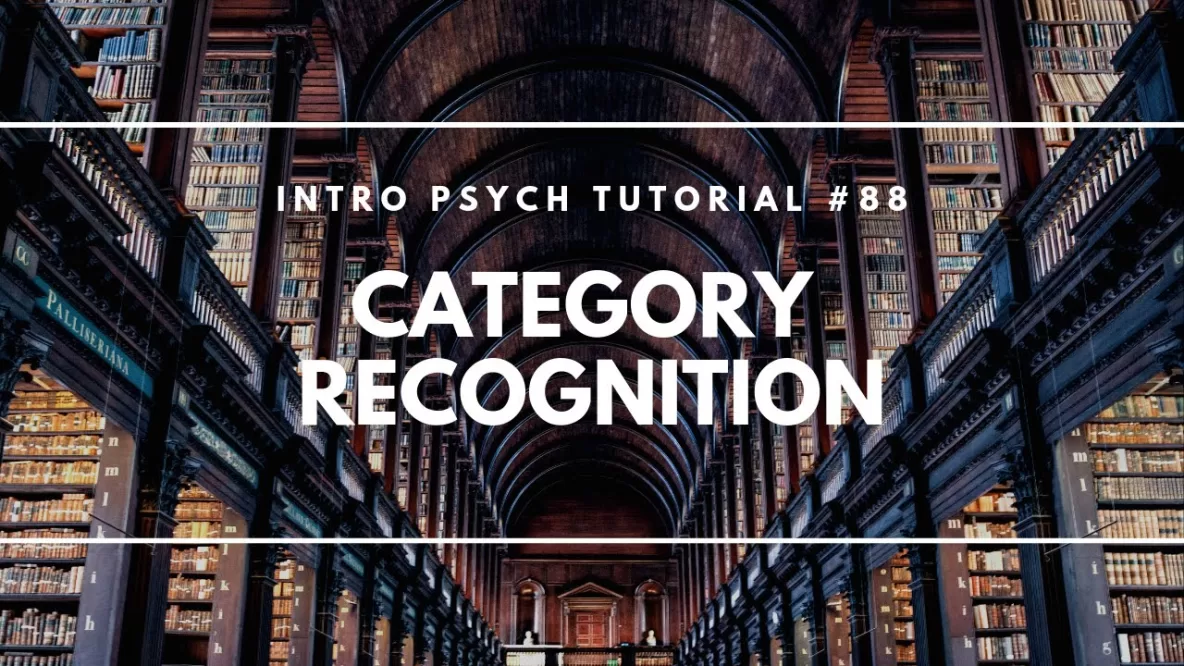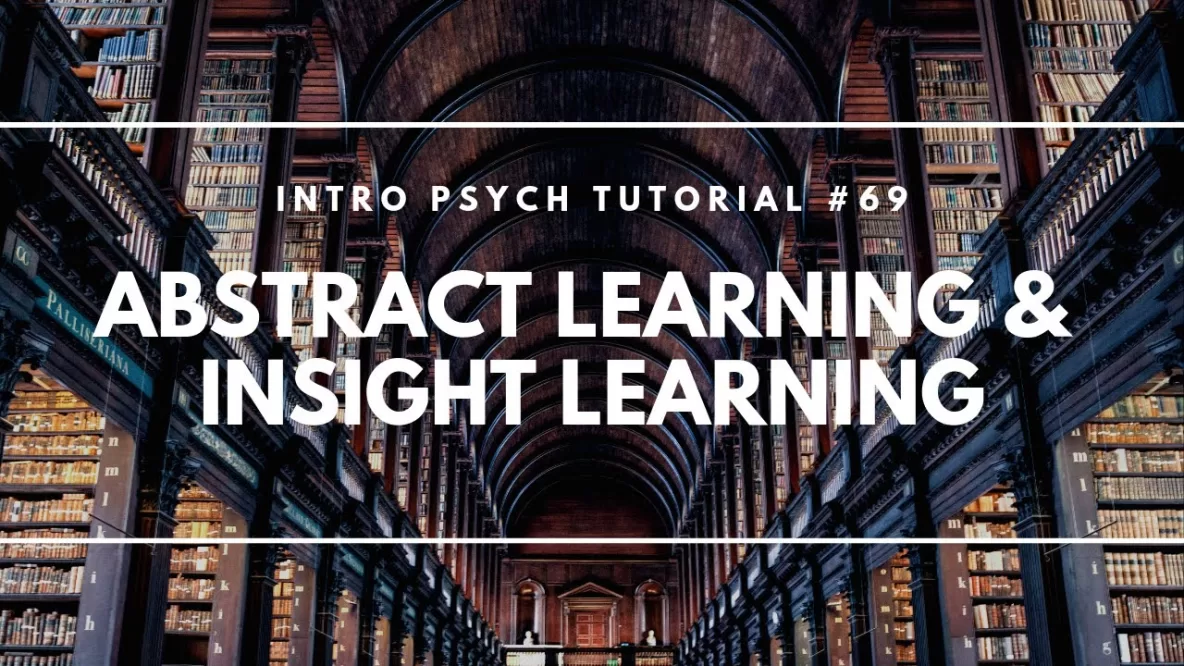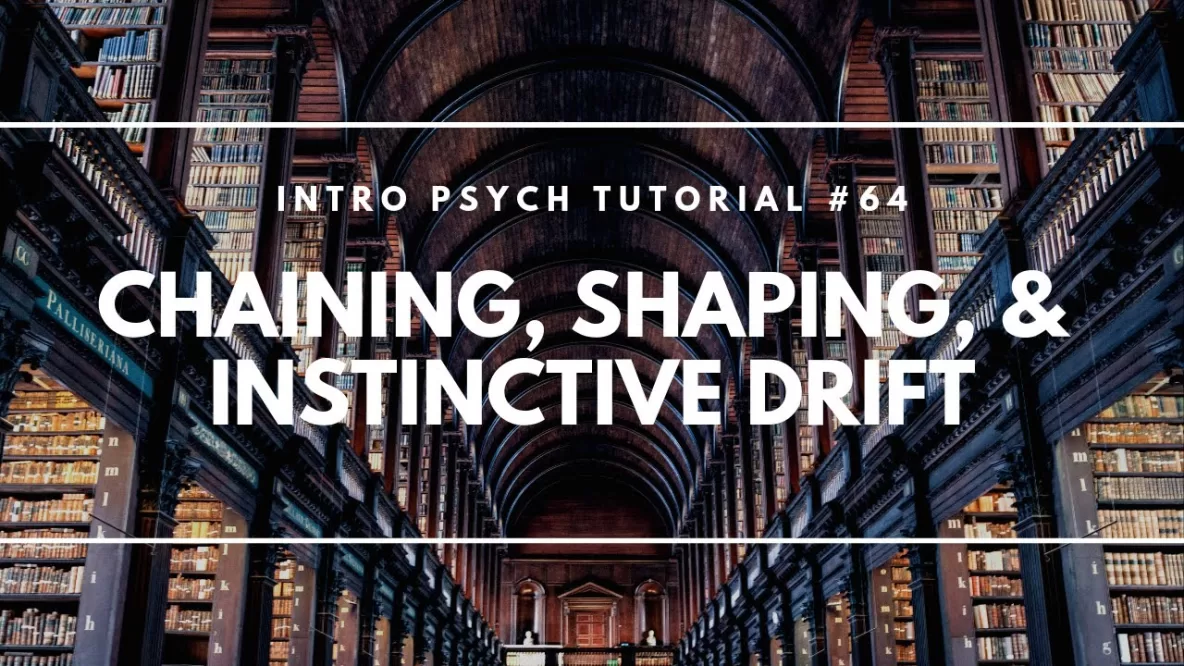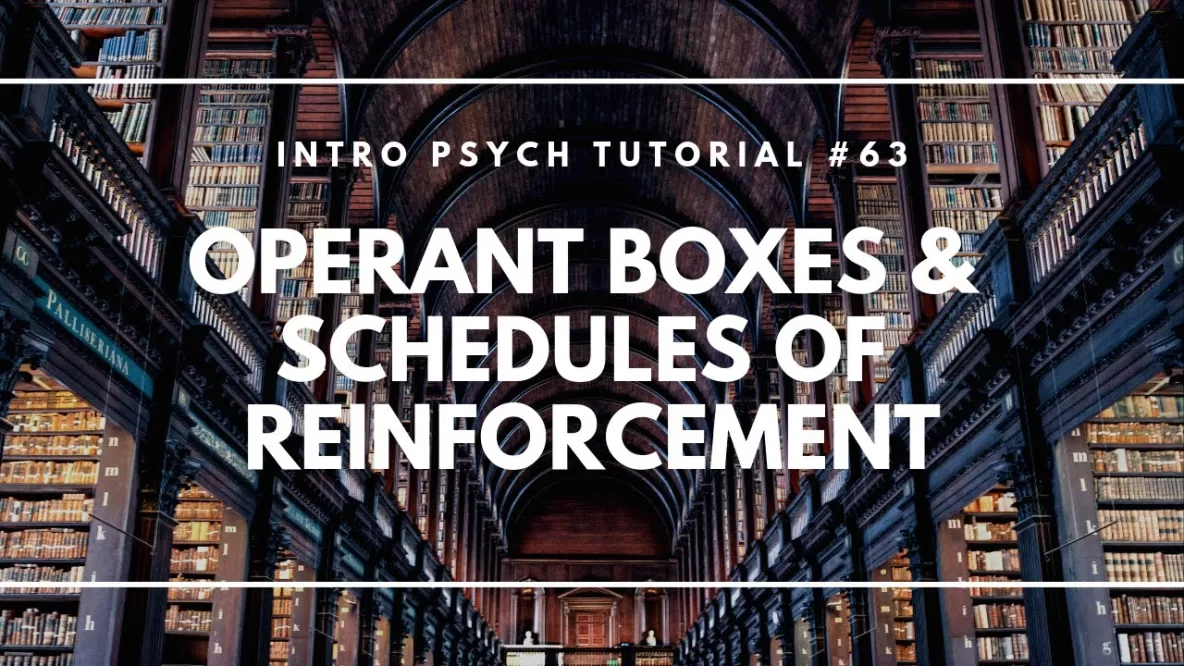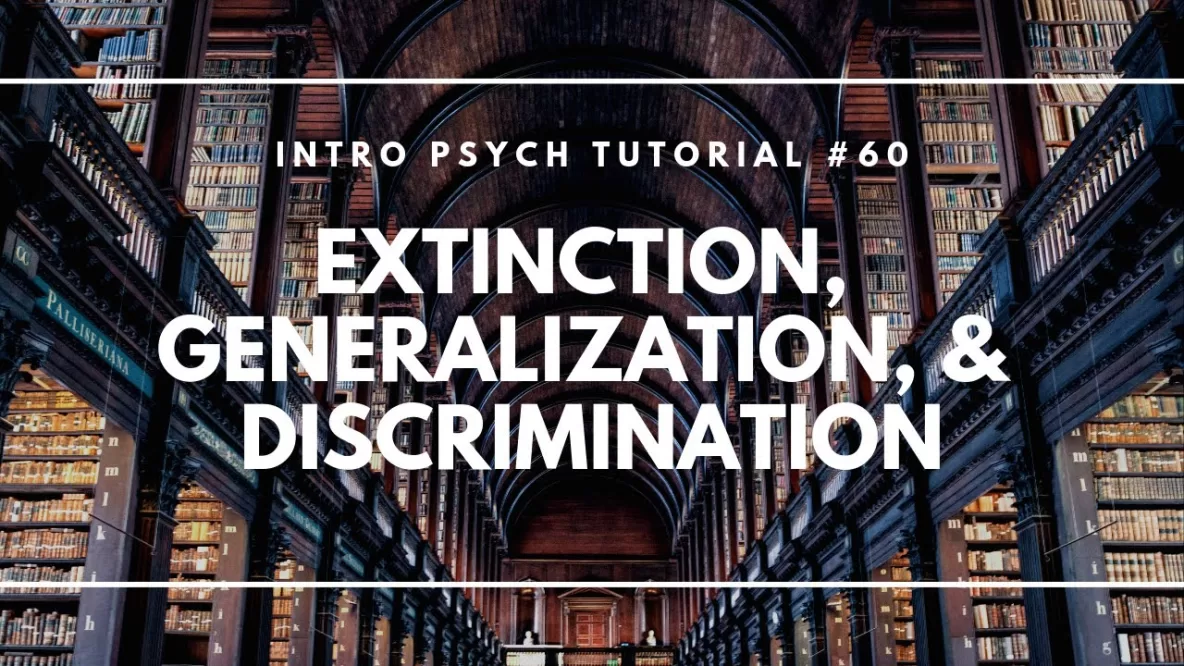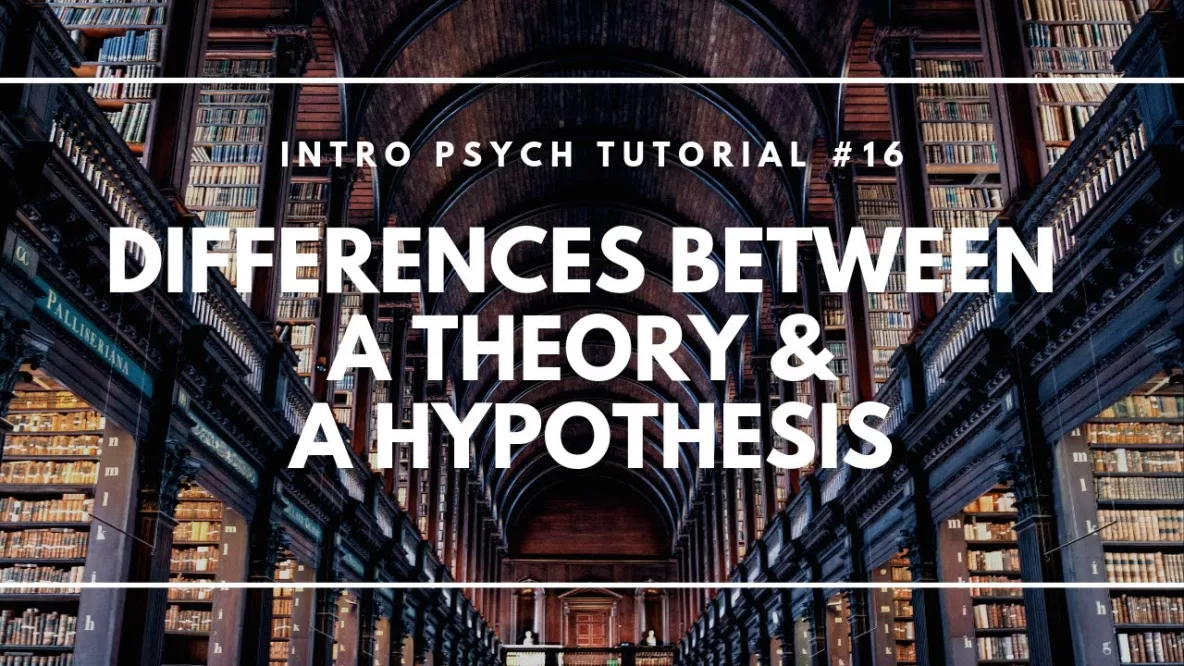Here’s a knowledge organizer I’ve created of the most essential terms for emotion and motivation in an introductory psychology course. These knowledge organizers are designed to help you identify the most important factual knowledge you need to have in order … Read More
Category Recognition
In this video I consider how language can help us to organize thought and create more precise concepts and categories. This raises the question of how we recognize new stimuli as being part of a particular category. Protoype theory suggests … Read More
Abstract Learning & Insight Learning
In this video I describe abstract learning and insight learning as types of learning that both require internal cognitive processing. Abstract learning demonstrates how mental concepts and categories relate to stimulus generalization while insight learning demonstrates the use of mental … Read More
Chaining, Shaping, & Instinctive Drift
In this video I describe the how conditioning to be used to train more complex behaviors. This can be accomplished with chaining, which involves linking together previously conditioned behaviors, and shaping, which involves reinforcing successive approximations of a desired behavior. … Read More
Operant Boxes & Schedules of Reinforcement
In this video I describe the operant boxes used by Skinner (often called “Skinner boxes”) to study the relationship between different schedules of reinforcement and behavior. Then I describe 4 possible schedules of reinforcement including fixed-ratio, variable-ratio, fixed-interval, and variable-interval, … Read More
Extinction, Generalization, and Discrimination
In this video I explain some other terminology for describing aspects of classical conditioning including acquisition, extinction, spontaneous recovery, stimulus generalization, stimulus discrimination, and second-order or higher-order conditioning. Don’t forget to subscribe to the channel to see future videos! Have … Read More
Difference between a Theory and a Hypothesis
In this video I describe the difference between a theory and a hypothesis. I also explain how evidence can support or refute a hypothesis but can never prove a theory. Don’t forget to subscribe to the channel to see future … Read More

